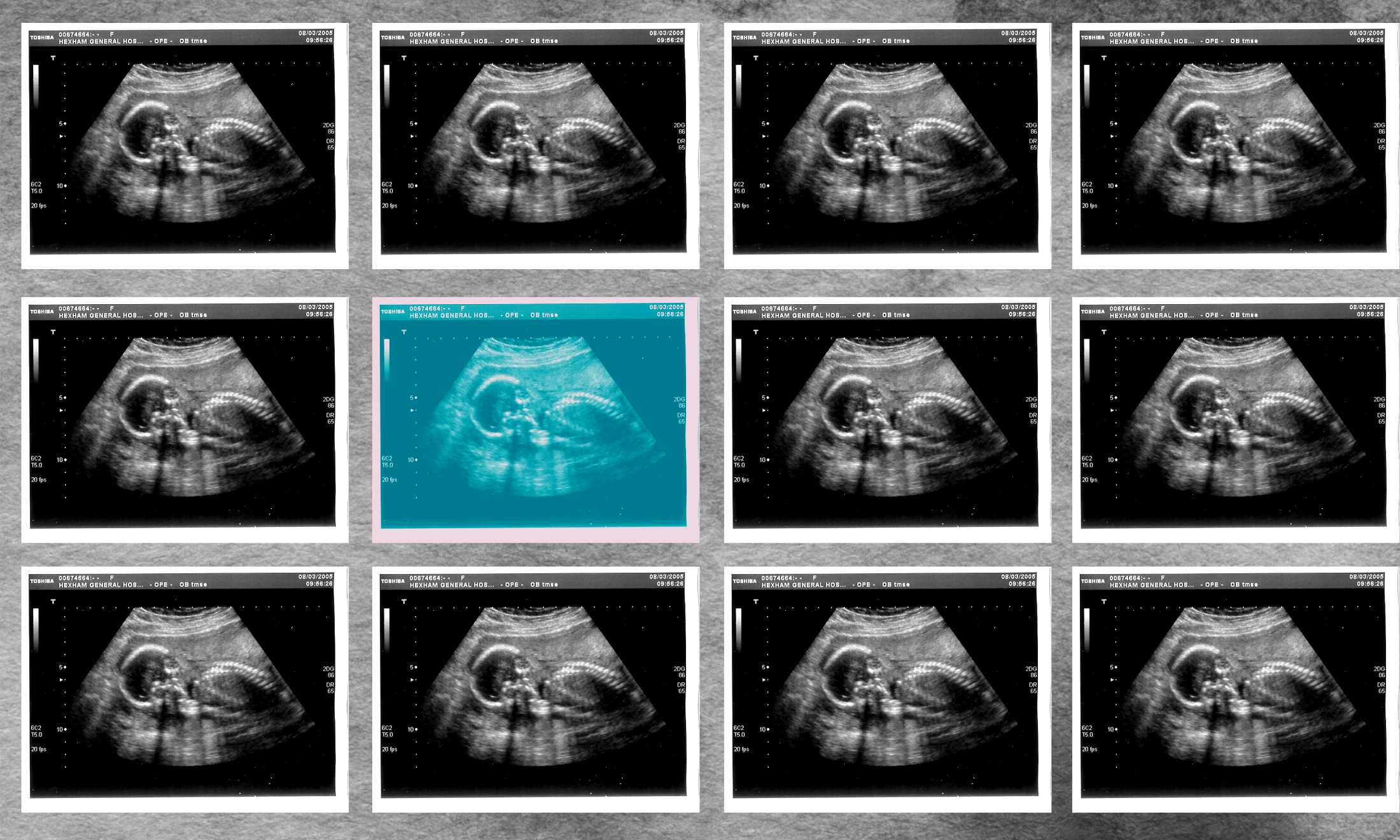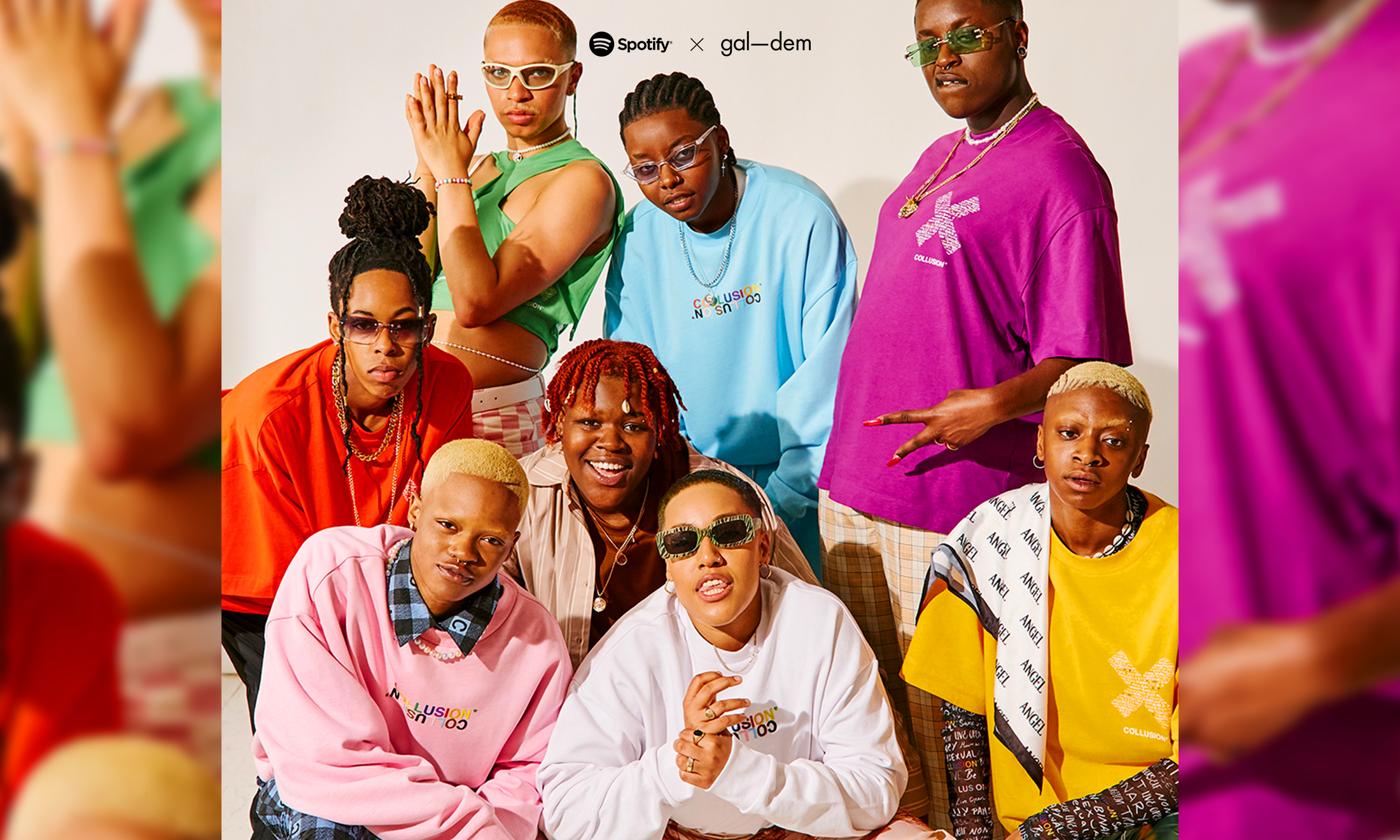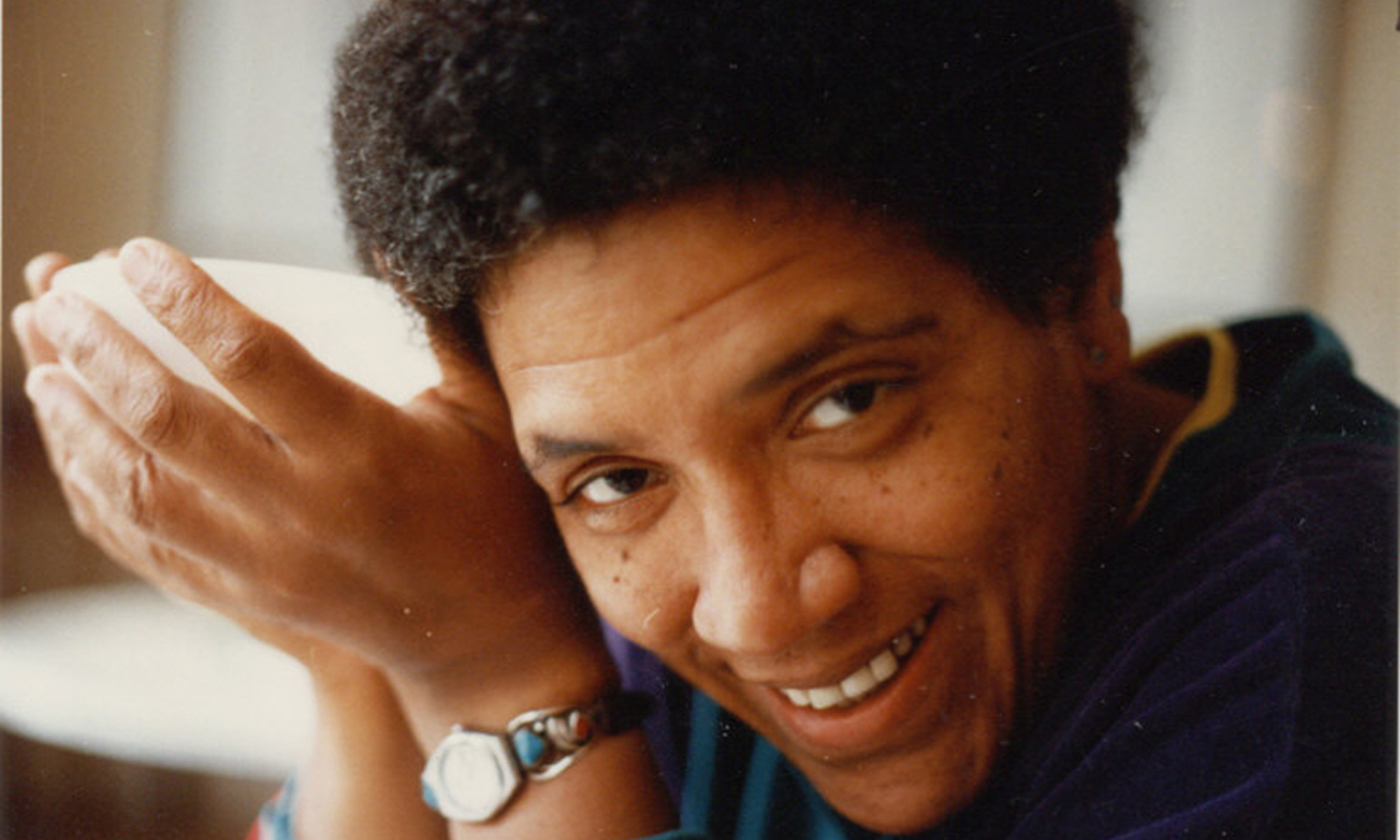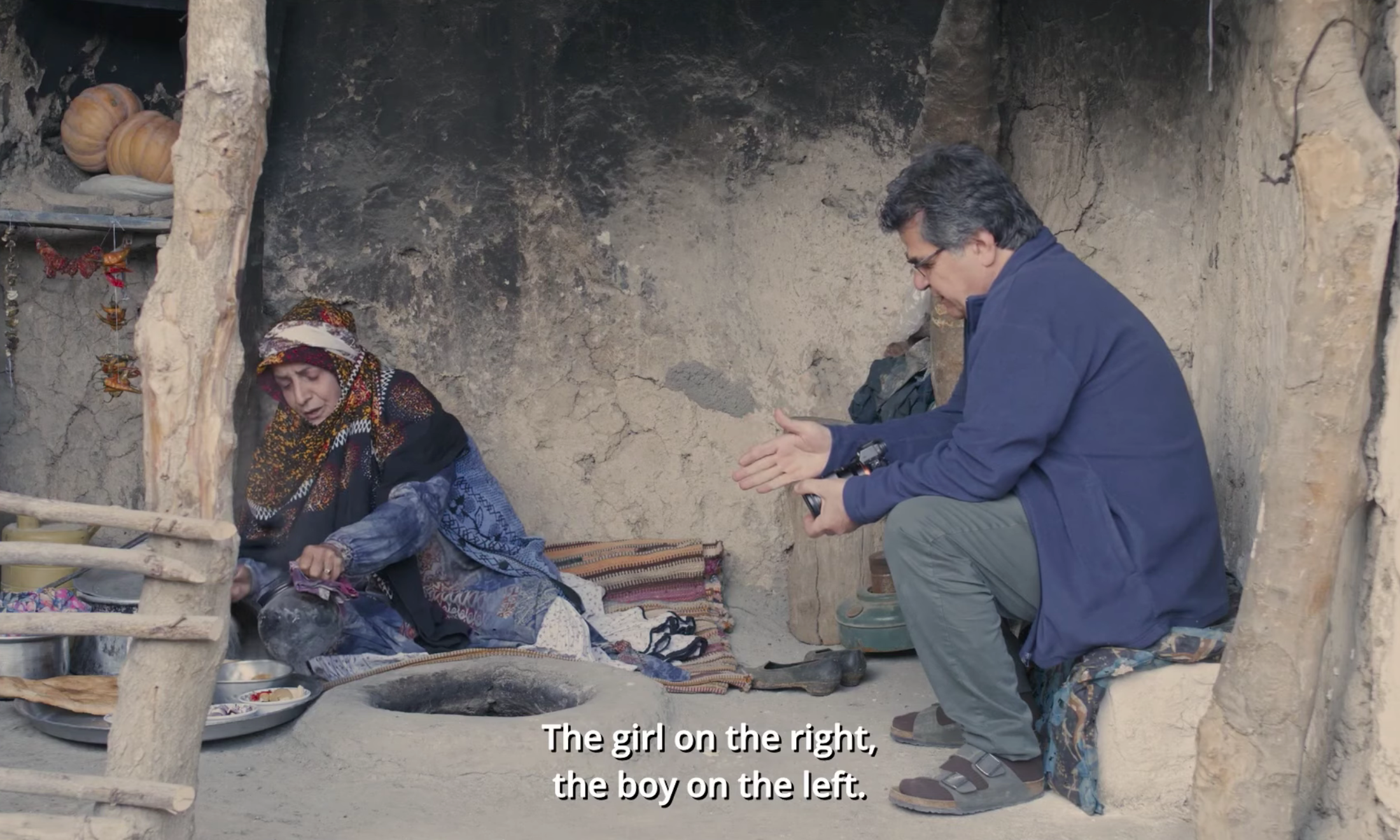
Canva
I wish people would stop making me feel guilty for not enjoying my pregnancy
Pregnancy is often portrayed as a blissful period of a person's life, but for one writer, this was far from the reality she experienced.
Yousra Imran
19 Oct 2021
It’s another day of back-to-back work meetings, trying to participate despite constant waves of nausea and doing my best to squeeze in a 10-minute break somewhere so that I can lay my head over my crossed arms on the table and take a breather. It’s March, we are in the midst of our third national lockdown, and I am eight weeks pregnant. That afternoon, during a Teams call with one of the few colleagues who knows I am pregnant at that point in time, I tell her how rubbish I am feeling. To my surprise she replies with, “You’ll soon realise that this is what life is all about – this is what we are here to do!” I desperately want to tell her, “No it’s not, that’s what the patriarchy has made you think we are here to do!” but instead I steer the conversation back towards work.
“No one told me that I might vomit so violently that I wouldn’t be able to keep water down and have to be signed off work for a month”
Fast forward five months, I experience a list of ailments that no one warned me about, along with the standard pregnancy symptoms such as nausea, tiredness and backache. No one told me that I might vomit so violently that I wouldn’t be able to keep water down and have to be signed off work for a month, or that I would have such severe fatigue that I have been rendered incapable of making breakfast without needing a lie-down afterwards, nor that I would develop gestational diabetes and be incapable of going to the shops on my own anymore as I am now prone to almost fainting.
And let’s not talk about the situation downstairs – I am so constipated that I would do anything for a poo, and when I do finally manage to go, I am greeted each time with a massive prolapsed haemorrhoid that makes me look like I have a baboon’s bum. Oh, and did I mention that I can’t hear properly anymore? Apparently, some women suffer temporary and, more rarely, permanent hearing loss as a result of pregnancy! Everybody talks about a sudden “pregnancy glow” – I’ve waited all nine months, but it has never appeared.
“Popular culture has made us think that being pregnant is the most blissful period in a person’s life”
Now just a few weeks before my due date, I have come to the realisation that when someone asks you, “How’s your pregnancy going?”, what they don’t want to hear is: “It’s terrible and I’m not enjoying it.” Popular culture has made us think that being pregnant is the most blissful period in a person’s life: a time in which you get to put your feet up, go on spa days, and indulge in shopping sprees. But for many women, myself included, this couldn’t be further from reality, especially when we have full time jobs to continue, or other children that still need our care.
“Just enjoy your pregnancy!” is what people tell me, but it’s hard to enjoy myself when I can’t eat a clementine without throwing it up, or have a shower without nearly passing out. I feel as if I have had to experience nine of the most difficult months of my life to get to the end goal of meeting my little human, and some days have felt incredibly difficult to get through without crying – and no, it’s not me being “hormonal”.
When I have been open about how I feel with family members, they tell me that I am being ungrateful, that I should be more positive, and to remember those who cannot have children. Someone went as far as to say that if I did not stop saying how hard I was finding pregnancy, God might take my blessing away, which felt really unfair. While I absolutely acknowledge that being able to get pregnant is a blessing, speaking openly about feeling unwell and not enjoying the process does not make me ungrateful or negative. Using such language is another way of implicitly silencing women, telling them that they just need to put up with hardships without complaining.
There’s an added layer of guilt-tripping that I’ve experienced in the past nine months as a Muslim woman too. Being told by my father-in-law, a man, that I’m not sick and that I should understand that I am “expanding the ummah” (the collective word describing the Muslim community) not only invalidates what I am feeling, but also reinforces the patriarchal idea that a woman’s pain and suffering during pregnancy are meant to be overlooked for the greater good, as well as the age-old notion that women were created just to reproduce.
“Women need to be able to have open conversations about how they’re really feeling about their pregnancies and childbirths, without family, colleagues, or the rest of society judging them or calling them ungrateful”
I have scoured our divine texts, and nowhere does it say that a woman’s primary purpose for existence is to have babies.
People constantly tell me that once my baby is in my arms that it will all be worth it and I will forget about the pain. I’ll have to report back and let you know – but there’s one thing I know for sure, and it’s that I won’t be guilt-tripped into not talking openly about how I have not enjoyed being pregnant!
Women need to be able to have open conversations about how they’re really feeling about their pregnancies and childbirths, without family, colleagues, or the rest of society judging them or calling them ungrateful. Doing so not only deters us from being honest and sharing their experiences of discomfort and pain, but it also heightens the risk of prenatal and postnatal depression, anxiety and other mental health conditions.









